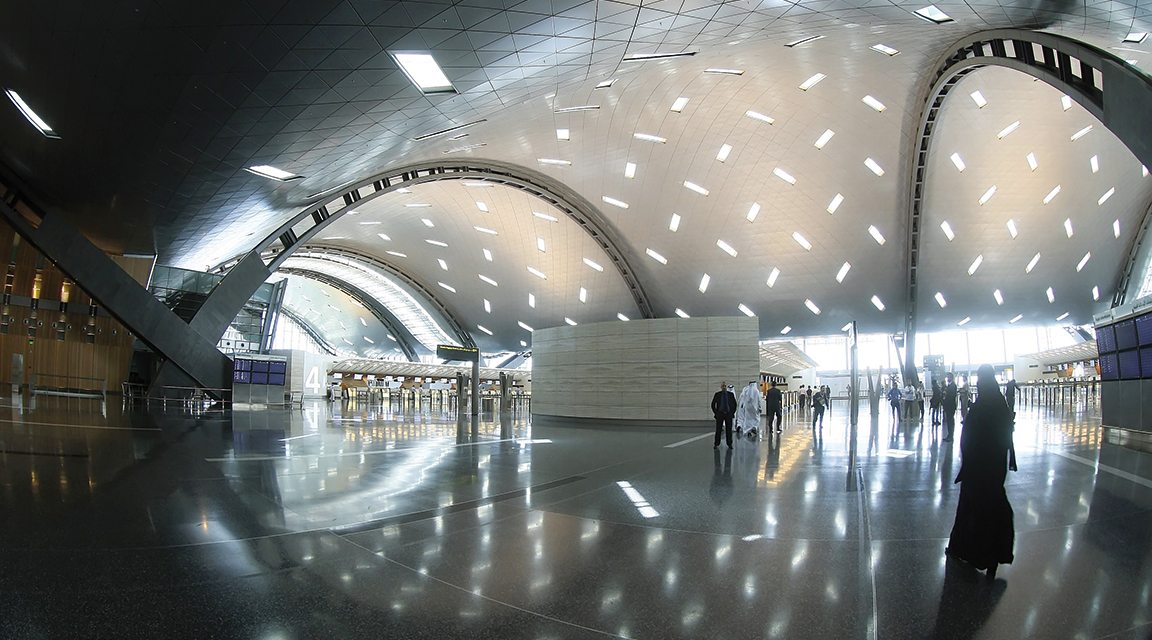

Technologies underutilised if operators do not upgrade skill sets
The adoption of smart technologies to drive sustainability, productivity and safety in buildings could be undermined by facility management companies or building operators that are not properly equipped to optimise the use of these technologies.
Investments in these technologies could be undermined by a lack of investment in people who manage these buildings, Saeed al-Abbar, chairman of the Emirates Green Building Code, tells a forum on smart buildings organised by the US Honeywell held in Dubai on 21 March.
Al-Abbar said addressing the skill gaps that exist in most facility management companies in the region is imperative if developers, clients and end-users were to fully benefit from smart building technologies. These could include, based on Honeywells framework, active building elements or assets such as cooling and heating, fire detection, power consumption monitoring and control, wired and wireless communications and surveillance, among others.
Honeywell utilised the forum to share the findings from its recent Middle East Smart Building Survey, where 620 buildings across seven cities in four GCC states and across seven vertical sectors were assessed against three categories: sustainability, safety and productivity or connectivity. 15 assets distributed across each category were then measured in terms of their availability, coverage and uptime.
Across cities, Doha and Dubai rated first and second, respectively, due primarily to their advanced regulations and strong compliance requirements partly driven by events such as the Fifa World Cup or the Dubai Smart City initiative. Qatar, for instance, has been acknowledged to have the worlds most stringent security and surveillance specifications for its buildings.
Abu Dhabi ranked third, which was attributed mainly to the compulsory compliance to its sustainability standards being driven by the Estidama. Kuwait City and Jeddah ranked sixth and last, respectively.
Across sectors, airports have the highest intelligent building score not the least due to their status as critical national assets requiring the highest levels of safety. Airports are followed by hotels, hospitals, retail and private offices. Education and high-rise residential buildings registered the lowest and second lowest overall scores, although schools along with hospitals had the best scores in terms of sustainability.
What is revealing about the outcome of the survey is that most respondents, mainly building managers, believed that their buildings were smarter than they really are, said Norm Gilsdorf, president and CEO, Honeywell Middle East, Russia and Central Asia.
A lack of incident does not mean these buildings are safe. The buildings might have a fire detection system but that doesnt mean the building is safe, Gilsdorf tells MEED. The survey inquired about the coverage of the fire detection system, and when the system was last tested or put to use.
You might also like...

UAE builds its downstream and chemicals potential
24 April 2024

Acwa Power eyes selective asset sales
24 April 2024

Bahrain mall to install solar carport
24 April 2024

Aramco extends Karan field bid deadline
24 April 2024
A MEED Subscription...
Subscribe or upgrade your current MEED.com package to support your strategic planning with the MENA region’s best source of business information. Proceed to our online shop below to find out more about the features in each package.





